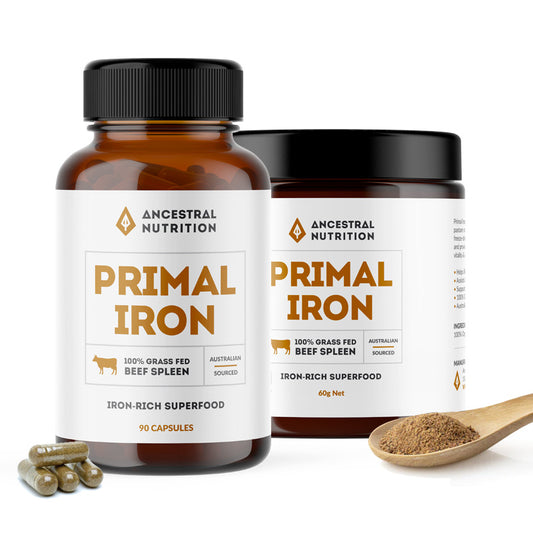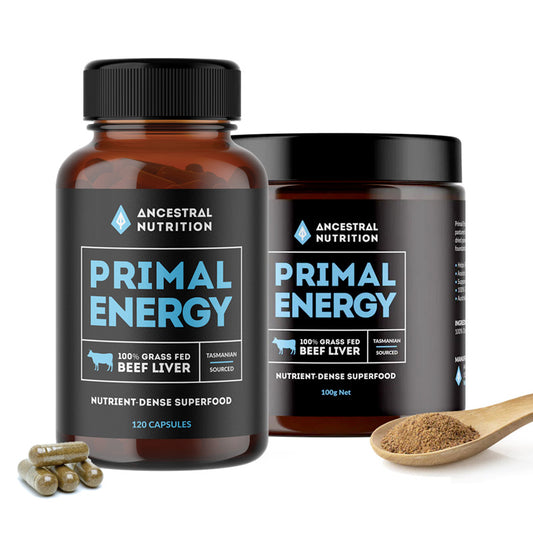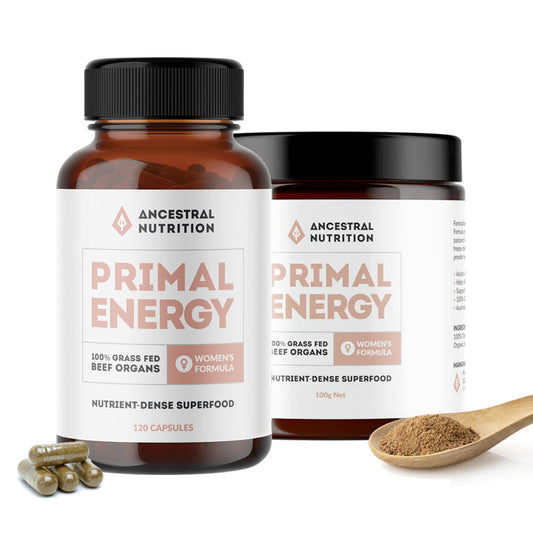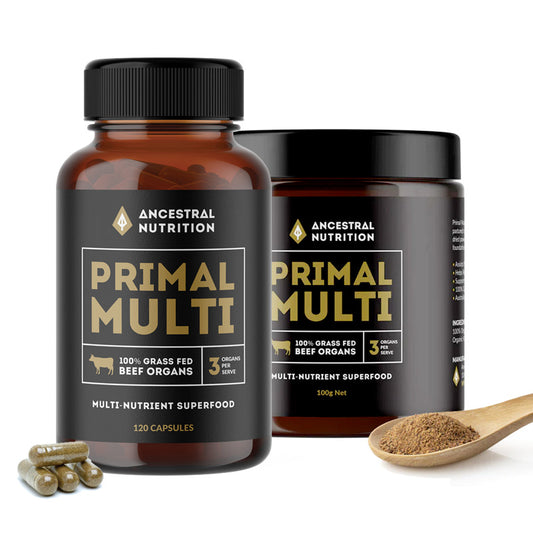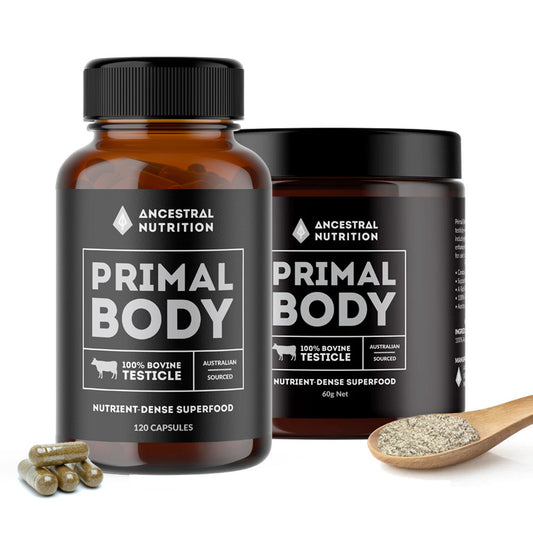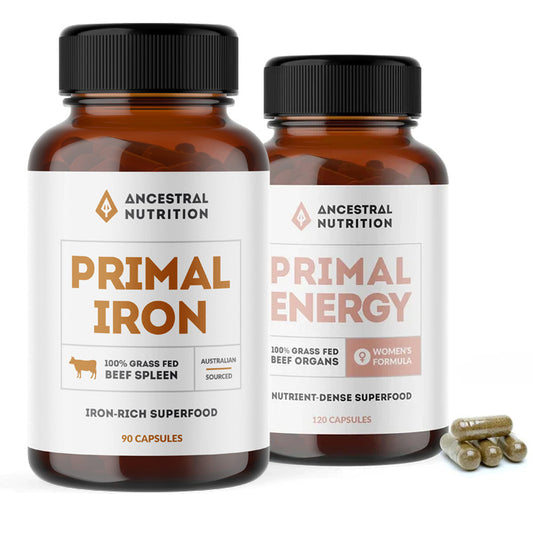
Dieting Doesn't Work in the Long-Term, But These Principles Do.
Most of us rarely stop to think about what we’re really putting into our bodies. Yet subtle micronutrient gaps can quietly drive changes in mood, energy, weight, and even immune function. Feeling off, fatigued, or battling recurring illness? The answer may be closer than you think. There’s more to food than just what’s on your plate.
The reality is shocking. About 90% of the food we reach for is highly processed, designed for convenience and flavour rather than nourishment. If you take one thing away from this article, let it be this - don’t chase diets or restrictions as the solution. Instead, focus on building better foundations. Small, smart changes, like adding an extra colour to your plate or increasing the volume of nutrient-dense foods. Doing these things may improve up to 80% of common health concerns.
Know Your Daily Vitamin and Mineral Requirements.
Take the wheel when it comes to your health. Stop accepting "this is just my normal" and start asking questions: Why am I tired all the time? Why has my mood shifted? Why do I feel off, when i'm eating healthy."
Modern diets are stripped of nutrients, the tools our bodies need to function. So it makes sense - check your nutrient levels first. Ask you general practitioner for a pathology test or consider investing in a nutritionist who can interpret results holistically and create a tailored plan to your needs.
The Ultimate Plate Building Formula
- Choose a quality protein source (one palm size portion). Choose protein with a complete amino acid profile (usually animal protein such as steak, chicken, turkey, eggs, fish, organs and dairy). Protein supports muscle growth and repair but it also provides the building blocks your body needs to create neurotransmitters which influence mood, stress response and cognitive function.
- Choose whole-food carbohydrates like fruit and vegetables (two fist full size portions). Focus on a variety of colours. These foods provide energy, micronutrients, fibre and compounds to support digestion and immunity.
- Choose a source of healthy fats (one thumb size portion). Omega 3 sources like extra virgin olive oil, nuts, seeds and fatty fish. They are crucial for hormone production and brain function.
- Use seasonings. The trick to eating well is eating food that you still enjoy. Surprisingly, fruit and veg can actually taste good, so lean on your herbs and spices. They elevate flavour but also have compounding health benefits.
Get to know ingredient labels
Don’t be fooled by buzzwords like “low sugar” or “superfood.” The truth is in the ingredients list.
Pro tip: Short, simple ingredient lists are best. Ingredients are listed by quantity, so the first few tell you what dominates the product. Always check the per-serve values and ask if the serving size is realistic.
Don't Fear Sweet Foods
If you master the first principle above, you’ll likely find your cravings for sweets naturally decrease. That said, there’s always room for treats in a balanced diet. Don’t eliminate sweets entirely. Instead, enjoy them in moderation and focus on whole-food options. For example, dark chocolate-covered strawberries or homemade ice cream made with egg yolks, cream, and honey can be surprisingly nourishing and packed with nutrients.
Your Gut Matters
Your gut is the command centre of health. Around 80% of your immune system resides here, hormones are metabolised in the gut, and it communicates with multiple organs. When your gut isn’t functioning optimally, it affects almost every system in your body. Support your gut with gelatinous meats, collagen, glutamine, and zinc, providing the building blocks your gut lining needs to repair and thrive. Work with a practitioner to uncover root causes if you experience sensitivities, bloating, or recurring illness.
Eat Seafood & Organ Meats
Include seafood and organ meats a few times per week. Sardines, salmon, and oysters provide essential omega-3s, which are crucial in a world dominated by omega-6 oils. Organ meats are nutrient powerhouses, filling gaps that most modern diets leave behind, so much so that they’ve earned the nickname “
nature’s multivitamin.”
Prioritise Happiness and Connection
Enjoy all your meals, share them with family, or host friends for dinner. Connection not only supports a healthy mind but keeps us accountable to eating well. Move at your own pace, prioritise nervous system regulation. Your body can’t function optimally under chronic stress.
Hydration
Filtered water is foundational. Add lemon and a pinch of salt in the morning to provide electrolytes that hydrate cells efficiently. Proper hydration is simple, but it’s essential for energy, mood, and overall health.
Start Today
You only get one body so give it the attention it deserves.
Which principle will you focus on this month?
Small, intentional actions build momentum. Start today, and watch the difference it makes.

About the Author
Emily is a Clinical Nutritionist (BHSc) passionate about metabolic health—how your body creates and uses energy...
Read full bio »



